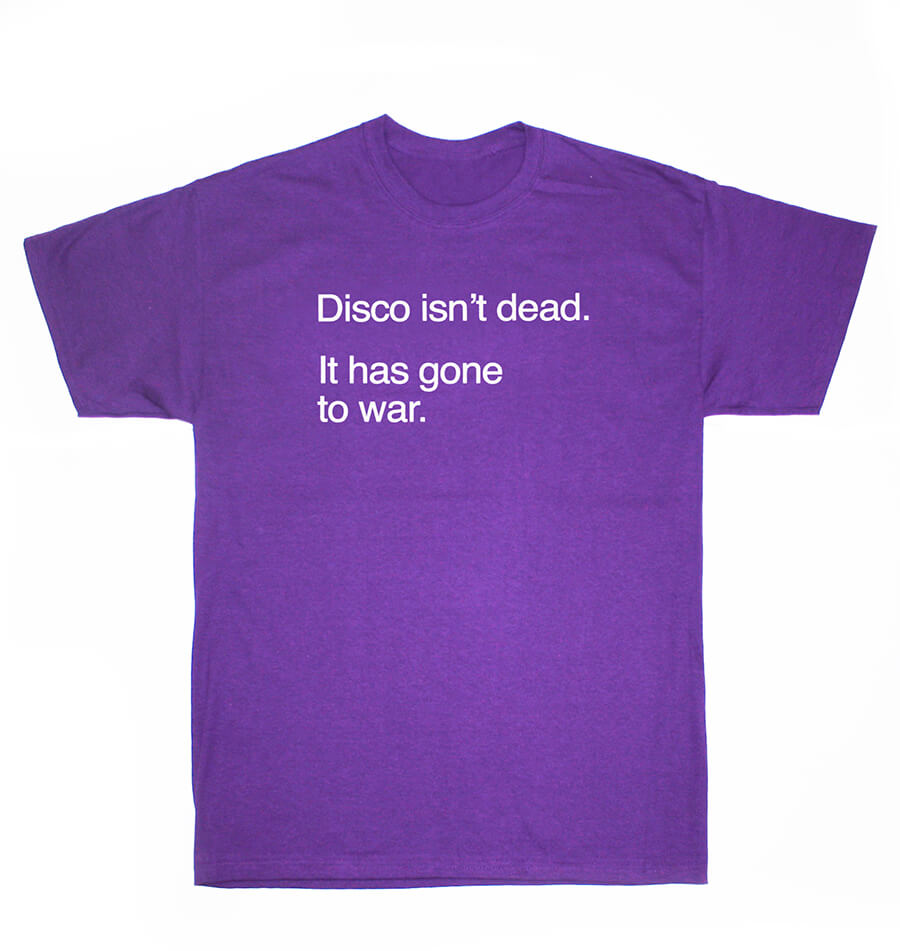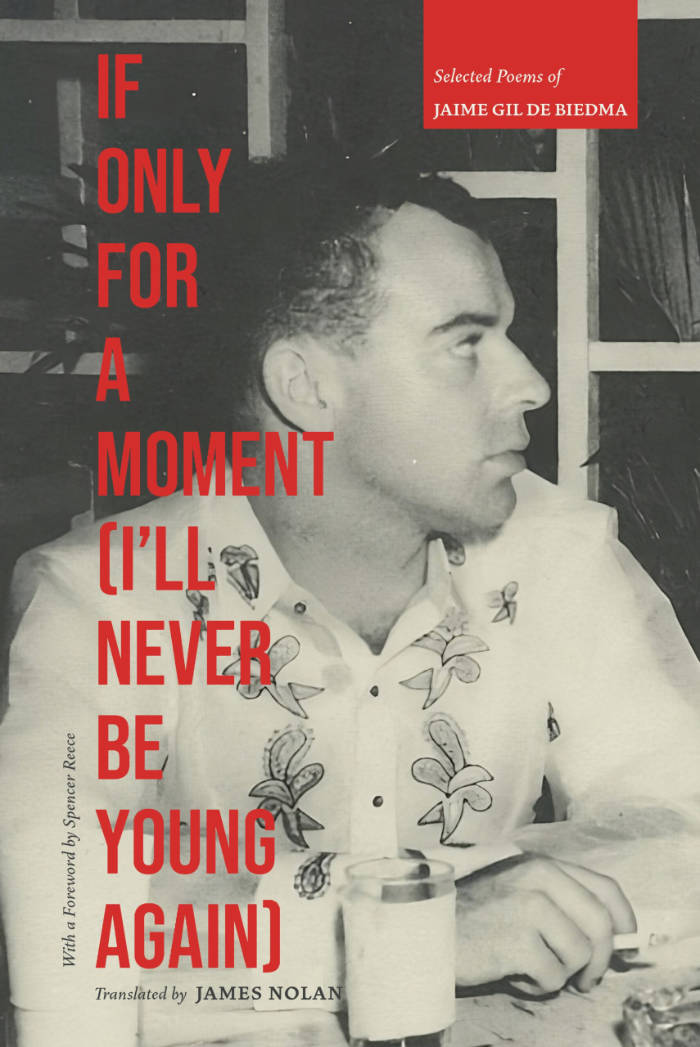
Blackspace: On the Poetics of an Afrofuture
Black artists of the avant-garde have always defined the future.
Blackspace: On the Poetics of an Afrofuture is the culmination of six years of multidisciplinary research by trans poet and curator Anaïs Duplan about the aesthetic strategies used by experimental artists of color since the 1960s to pursue liberatory possibility. Through a series of lyric essays, interviews with contemporary artists and writers of color, and ekphrastic poetry, Duplan deconstructs how creative people frame their relationships to the word, "liberation." With a focus on creatives who use digital media and language-as-technology, luminaries like Actress, Juliana Huxtable, Lawrence Andrews, Tony Cokes, Sondra Perry, and Nathaniel Mackey, Duplan offers three lenses for thinking about liberation: the personal, the social, and the existential. Arguing that true freedom is impossible without considering all three, the book culminates with a personal essay meditating on the author's own journey of gender transition while writing the book.
Anaïs Duplan is a trans* poet, curator, and artist. He is the founding curator for the Center for Afrofuturist Studies, an artist residency program for artists of color, based in Iowa City. He has worked as an adjunct poetry professor at the University of Iowa, Columbia University, Sarah Lawrence, and St. Joseph's College. He was a 2017-2019 joint Public Programs Fellow at the Museum of Modern Art and the Studio Museum in Harlem.
Published Oct 2020
Language: English







